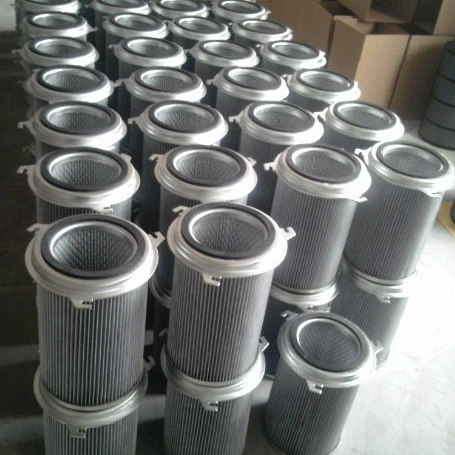 Tel:
+8615930870079
Tel:
+8615930870079
Dec . 21, 2024 12:41 Back to list
gas turbine inlet filter
The Importance of Gas Turbine Inlet Filters
Introduction
Gas turbines are integral components in a variety of industries, serving as the backbone for power generation, aviation, and industrial applications. The efficiency and longevity of these turbines hinge significantly on the performance of their inlet filters. As air is drawn into the gas turbine, it carries with it particulates, moisture, and other contaminants that can compromise the system's efficiency and integrity. Therefore, understanding the critical role of gas turbine inlet filters is essential for optimizing performance and ensuring reliable operation.
The Role of Inlet Filters
Gas turbine inlet filters are designed to protect the turbine from harmful environmental factors. They serve as the first line of defense against particulate ingress, including dust, dirt, and debris that could damage internal turbine components. By maintaining a clean air supply, these filters help to preserve the efficiency of the combustion process, which is vital for optimal turbine performance.
Additionally, inlet filters prevent moisture and other corrosive elements from entering the turbine. Water, if allowed to accumulate, can lead to turbine blade erosion and other detrimental effects, significantly reducing the lifespan of the turbine. Thus, a robust inlet filtration system is crucial for mitigating risks associated with both solid and liquid contaminants.
Types of Inlet Filters
Inlet filters are available in various types, each selected based on specific operational requirements and environmental conditions. The most common types include
1. Panel Filters These filters are constructed from fibrous materials and are often used as pre-filters. They effectively capture larger particles and provide a first stage of filtration before air passes through more advanced filtering systems.
gas turbine inlet filter

2. Bag Filters These have a larger surface area and are more effective in capturing smaller particles compared to panel filters. Bag filters are beneficial in environments with high particulate levels, as they can enhance the longevity of downstream filters.
3. Coalescing Filters Specifically designed to remove moisture and oil aerosols from the air, coalescing filters play a vital role in preventing liquid contamination from reaching the turbine. They combine the principles of mechanical filtration and coalescence to ensure that only clean, dry air enters the turbine.
4. Cyclone Separators While not filters in the traditional sense, cyclone separators utilize centrifugal force to remove larger particulate matter from the air. They can be used in conjunction with other filtration methods to enhance overall efficiency.
Filter Maintenance and Efficiency
The efficiency of gas turbine inlet filters directly correlates with the maintenance practices employed. Regular inspection and replacement of filters are imperative to ensure optimal performance. Clogged or dirty filters can lead to increased pressure drops, reducing airflow and ultimately lowering turbine efficiency. Preventative maintenance not only extends the life of the filters but also contributes to the overall health of the gas turbine.
Moreover, monitoring filter performance through differential pressure measurements can provide insight into when filters need to be replaced. Implementing advanced filtration monitoring systems can further enhance efficiency by automating the maintenance schedule based on actual usage and performance data.
Conclusion
In conclusion, gas turbine inlet filters play a vital role in protecting turbines from contaminants and ensuring sustained operational efficiency. As industries worldwide strive for increased energy efficiency and reduced emissions, the importance of effective inlet filtration systems cannot be overstated. Investing in high-quality inlet filters and adhering to rigorous maintenance practices will not only enhance turbine performance but also extend the lifespan of these essential components. As technology evolves, the development of more sophisticated filtering solutions will continue to play a pivotal role in the future of gas turbine operations. In an era where reliability and efficiency are paramount, understanding and optimizing the function of inlet filters will be crucial for industries relying on gas turbines.
-
Types and Applications of Air Filtration CartridgesNewsJul.28,2025
-
The Role of Gas Turbine FiltersNewsJul.28,2025
-
Mastering Air Filter Cartridge UseNewsJul.28,2025
-
Advanced Turbine Filters for Modern Gas TurbinesNewsJul.28,2025
-
Cellulose Air Filter Cartridge Advantages in Dust FiltrationNewsJul.28,2025
-
Cellulose Filters for Air Particle ReductionNewsJul.28,2025

 Email:
Email:





